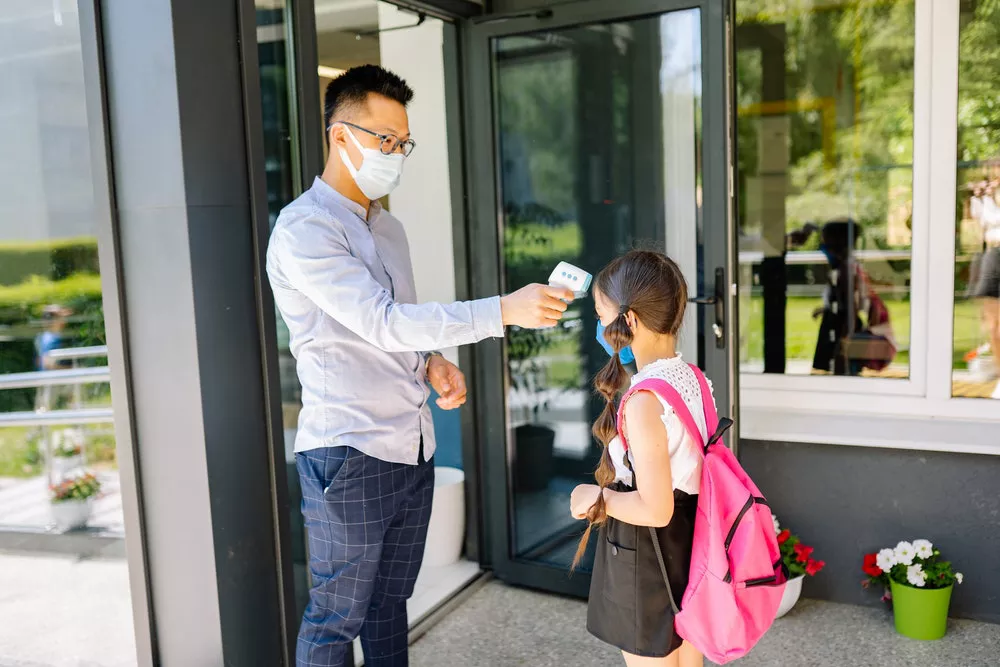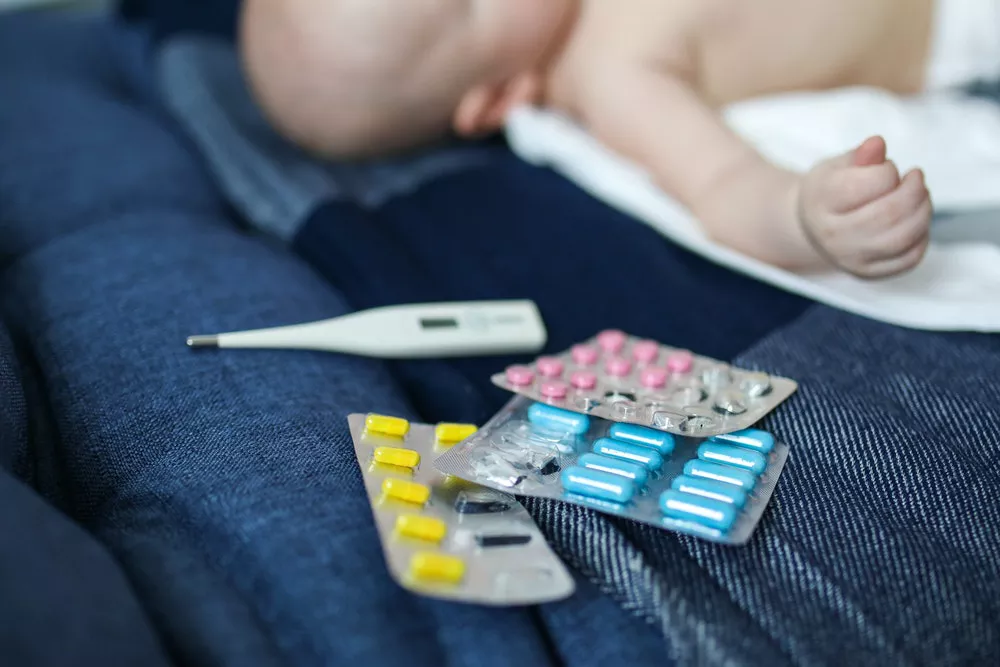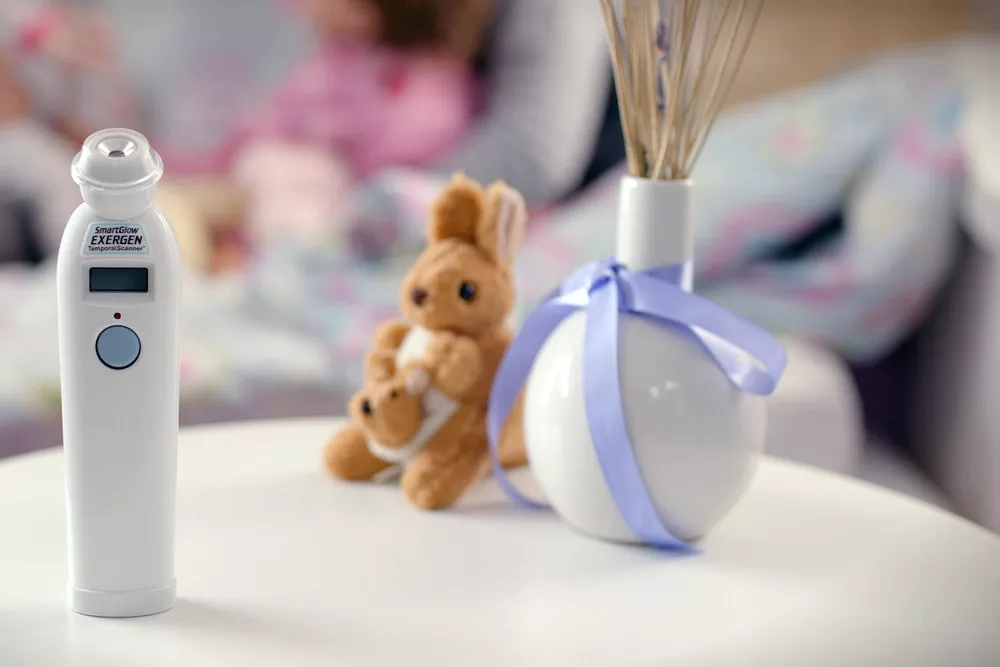Firstly, fever is the sign of illness. The duration of fever and the trend of temperature changes can help doctors determine the progression of the disease, so it is necessary to take the temperature of inpatients with fever.
However, parents who do not have general medical knowledge are unable to make professional judgments other than to know if they are running a fever, so taking the temperature frequently only increases parents' anxiety.
Parents with weakness of professional knowledge should clarify the following common sense:
Children within 3 months of age will be in a relatively dangerous sate in fever. Parents should take the temperature of children with suspected fever,then seek immediate medical attention when it is clear that the fever is present (anal temperature above 38°C).
Elevated temperatures in children within 6 months of age usually correlate with the severity of the disease, so if suspected fever with the temperature above 39°C, specifiied temperature should be taken to seek prompt medical attention.
For children over 6 months of age, parents can take the temperature of their children with suspected fever in order to provide an accurate medical history when seeking medical attention, however,no immediate medication or frequent measurements are required.
Therefore, parents need to know that a fever will not harmful to the children. The risk of febrile convulsions is not proportional to the temperature, and taking the temperature will not prevent febrile complications.
For both new and experienced mothers, the rule to follow when a child has a fever is to observe the child's mental state, not the change in temperature.




